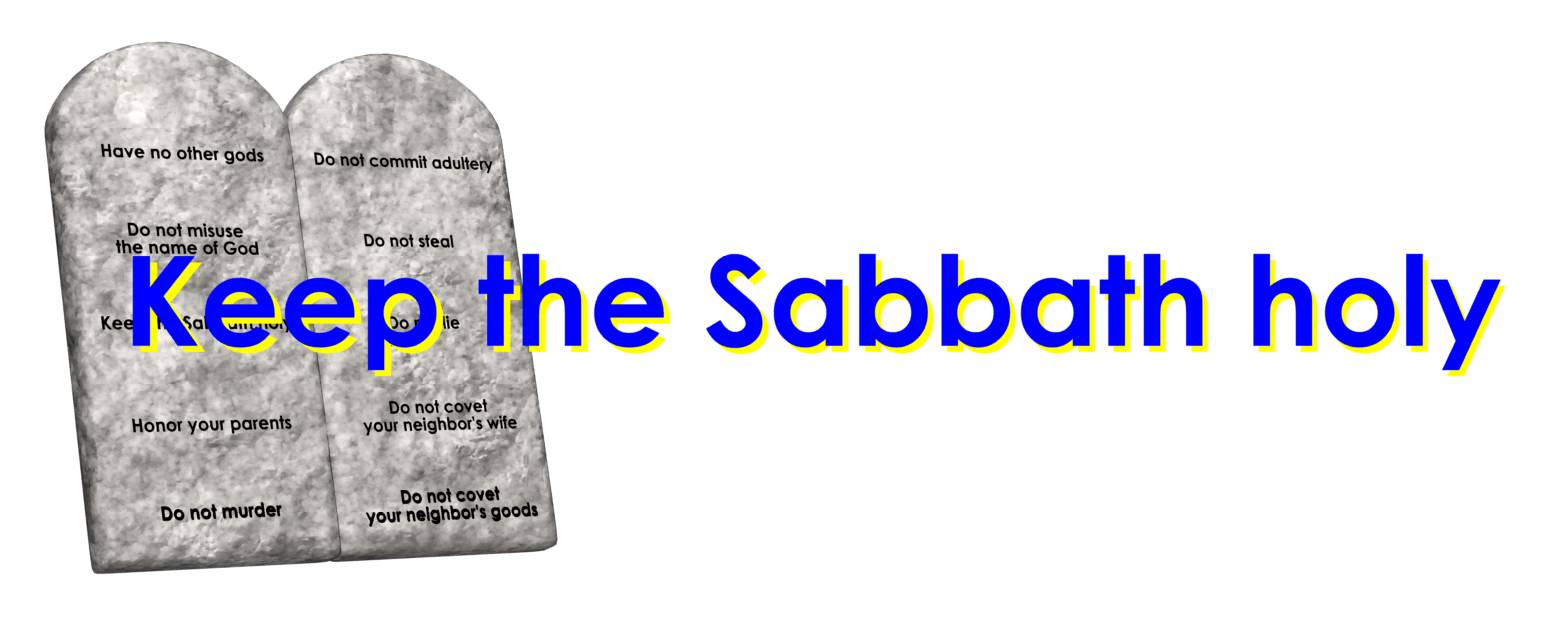Resting on the Sabbath day is not only about obedience to the laws of the Creator, but is also about worshipping the Elohim, about imitating him by doing what he did and thus becoming like him, and it demonstrates our faith in the Creator while we are obeying, worshipping and imitating him as we will discuss below.
Numbers 15:32–36, On the Sabbath day. Let’s take a closer look at the Sabbath desecration in the wilderness. The Torah juxtaposes the sins of idolatry and Sabbath desecration because they represent the same concept. Just as the idolater denies the sovereignty of Elohim, so too, one who flouts the Sabbath, which testifies to Elohim’s creation of the universe, declares his lack of faith in the Creator. Because of the vital place of Sabbath in the constellation of Jewish belief, the Torah places this incident here, although it did not necessarily happen immediately after the rebellion of the spies (The ArtScroll Stone Edition Chumash, p. 815).
Working on the Sabbath is evidence of lack of faith in the Creator to provide for our needs on the other six days so that we will not have to work on the seventh day. Working on the Sabbath is also a result of unbelief (faithlessness), which is fear (the antithesis of faith; see 2 Tim 1:7). It is doubt, unbelief and fear (faithlessness) that prevented Israel from entering into the Promised Land for 40 years (Heb 4:1–11). As we see from Hebrews 4, the Sabbath is a picture of entering YHVH’s spiritual rest and is a spiritual picture of the Promised Land and the Millennium. When we rest from our physical labors on the seventh day we demonstrate that we have the requisite faith to enter the spiritual or millennial rest that YHVH has prepared for us, unlike the ten evil Israelite spies who lacked the faith in YHVH’s word necessary to go in to possess the Promised Land. Joshua and Caleb had this faith and they were able to go in. Remember that the Sabbath is the sign of the Sinaitic Covenant (Exod 31:7, 13). If one walks in the righteousness of that covenant, one will be a recipient of the promised blessings of the New Covenant, which also includes the blessings of Torah-obedience as found in the Sinaitic or Mosaic Covenant. Perhaps this is why the Sabbath incident is juxtaposed with the spy incident in this section of the Torah. It shows the connection between keeping the Sabbath and entering the Promised Land.








